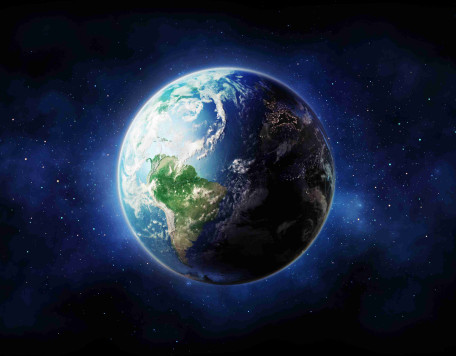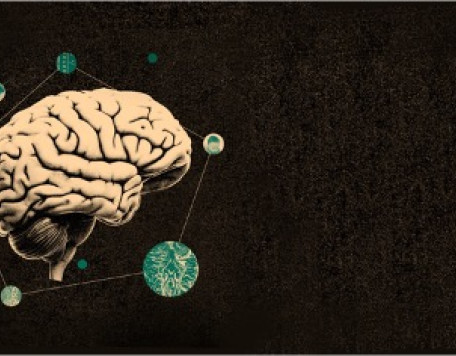© Pint of Science, 2024. All rights reserved.
Immerse yourself in a thrilling evening of talks all about the hidden world of oceans and our interaction with them. From researching noises in the ocean to understanding how citizen science can help to combat the dangers of microplastics, these talks will help shed light on what goes on beneath the waves.
Commotion in the ocean
Dr Sarah Marley
(Planet Earth Speaker)
When you think of the ocean, you probably think of a calm beach… but the sea is a surprisingly noisy place! Our oceans are being impacted by human activities, including noise pollution, so an increasingly important aspect of marine biology is understanding the effects of noise on acoustic specialists, such as whales and dolphins. In this talk we will dive into the world of underwater acoustics and hear about the different sound sources produced by the natural environment, animals and human activities
How can citizen science help our understanding of microplastics?
David Jones
(Planet Earth Speaker)
Plastic pollution has become one of the world’s most publicised and well documented environmental issues. In spite of that, our knowledge of the impacts of microplastics is less well defined. Understanding the sources, pathways and effects of microplastics remains a significant challenge. Gathering more scientific data is crucial, but so to is the need to change our perceptions and our behaviour. Find out how the development of a global citizen science programme by conservation charity, Just One Ocean and the University of Portsmouth may help address some of the challenges of microplastics.
Kleptopredation - turducken of the sea
Trevor Willis
(Planet Earth Speaker)
How do specialised predators find enough prey to reproduce? Many predatory nudibranch molluscs live and feed exclusively upon one species of hydroid (a coral relative). But when your prey is also your habitat, animals face a tradeoff between obtaining energy and depleting the resource. This talk will aim to uncover the unusual feeding strategy employed by nudibranchs (and, as it happens, some completely unrelated species) to maximise the energy they obtain from their prey, along with some speculation about how the strategy may have evolved.
Map data © OpenStreetMap contributors.
Other The Barley Mow events
2024-05-15
Folklore and Facts - exploring climate change and biodiversity
The Barley Mow
39 Castle Road, Portsmouth, PO5 3DE, United Kingdom
2024-05-14
Stress, Autism, and Child Development
The Barley Mow
39 Castle Road, Portsmouth, PO5 3DE, United Kingdom




